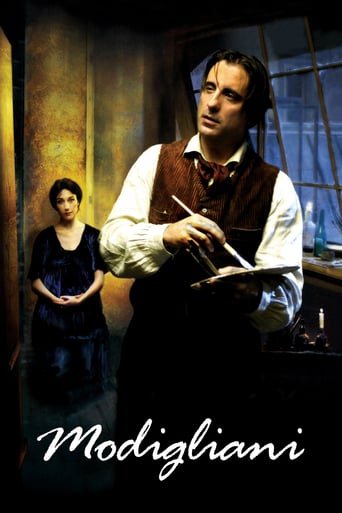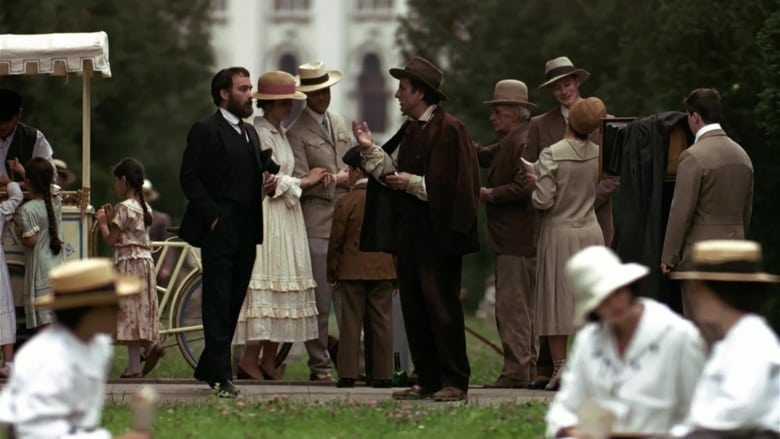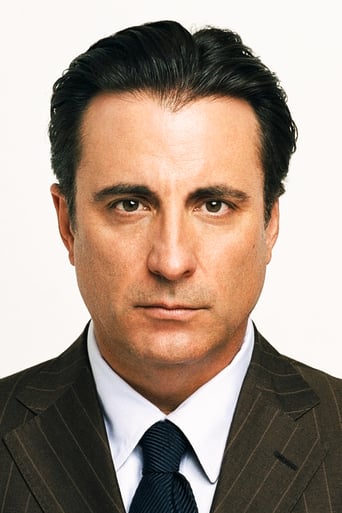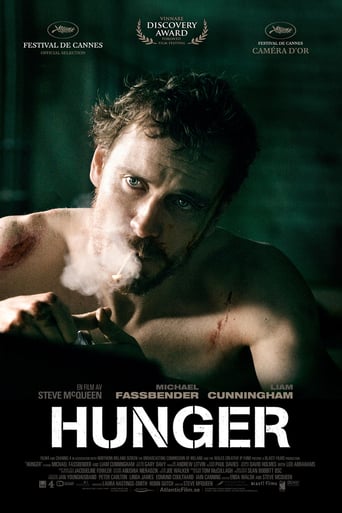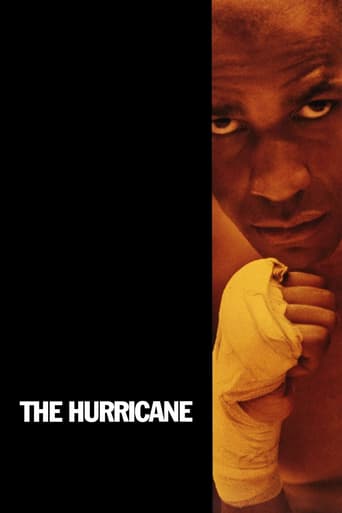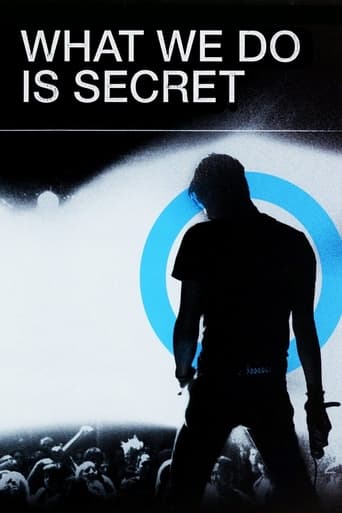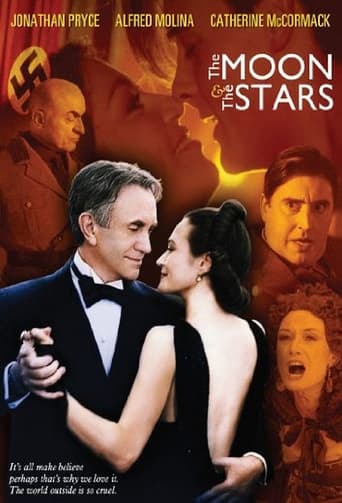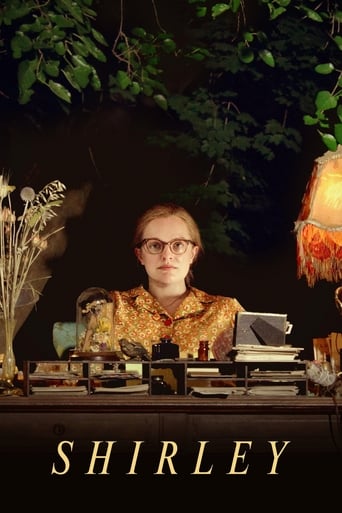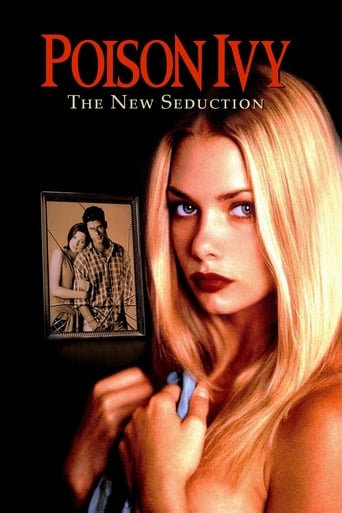Modigliani (2004)
Set in Paris in 1919, biopic centers on the life of late Italian artist Amedeo Modigliani, focusing on his last days as well as his rivalry with Pablo Picasso. Modigliani, a Jew, has fallen in love with Jeanne, a young and beautiful Catholic girl. The couple has an illegitimate child, and Jeanne's bigoted parents send the baby to a faraway convent to be raised by nuns.
Watch Trailer
Cast
Similar titles
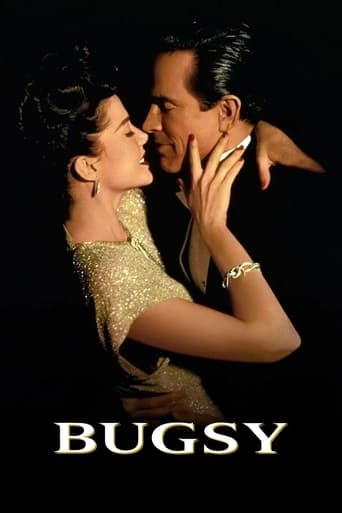

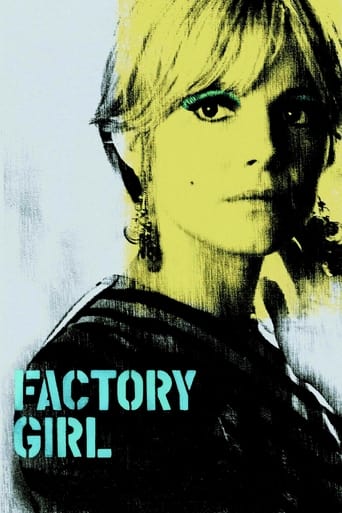
Reviews
Truly Dreadful Film
Fresh and Exciting
There is, somehow, an interesting story here, as well as some good acting. There are also some good scenes
The movie turns out to be a little better than the average. Starting from a romantic formula often seen in the cinema, it ends in the most predictable (and somewhat bland) way.
I agree with the comments about the lack of truth in this movie, regarding the facts in the life of Modigliani. I would like to comment on the casting of Picasso. Some viewers are impressed with the actor; obviously they know nothing about Picasso and haven't seen his pictures. When I first saw the "Picasso" in this film I was so shocked and disgusted I wanted to quit and not watch it any more. (May be it was a good idea - I would've saved an hour or so). Picasso was nothing like this physically - he was athletic, robust, virile,oozing sexual power. He was Spaniard. Nothing like the greasy, obese, fat-nosed actor in the movie who looked more like an aged Middle Easterner with dyed hair (well, he is actually from Iran). To sum it up - regarding not only the casting of Picasso but the whole story - this is a very bad film, made by people who not only had no idea about the artists concerned, but they even had no interest to research the period, the place, the art scene. Their only concern was to make some easy dollar for the simple fact that most people have no information about Modigliani, his life and friends, and will take everything in the movie for a fact.This is one of the worst films I have ever seen in my life, this is for sure. Picasso and Modigliani were spinning in their graves when this pretentious insult to their memory was made!
Superbly acted, photographed, and recreation of the times, both visually and culturally. Left me wondering where the art used in the film came from. The actress who played Modigliani's girlfriend was portrayed so well in the art that it makes me think someone created the art just for the film. But when paintings are created for films you can always tell! And here it's art of famous painters whose work and style is very well known. The paintings used in this film appeared absolutely genuine!Ever wondered where artist's inspiration comes from? This film reveals where these important painters thought theirs was coming from--an on-the-edge lifestyle that didn't last long for reasons made clear in the film. For the record, I disagree with Messrs. Modigliani and Picasso . . .Fascinating! Great job Andy! Great film!
"Do you know what love is? Real love? So deeply you'd condemn yourself to eternity in hell? I do and I have." So began Jeanne Hebuterne's narration of the story of her lover, artist Amedeo Modigliani. Few movies with obvious addicts at their center excite, but this one does - because of the ease with which we can relate to the codependent, Hebuterne (played endearingly by Elsa Zylberstein), who is drawn imperceptibly into the abyss. It's a classic tale of the seeming incomprehensibility of misbehaviors keeping close people off balance, making it easy to induce them to do things they would never in their right minds consider.Initially, Modigliani (played by Andy Garcia in a terrific role) is outwardly eccentric, exciting and charming. The visceral appeal and seduction proves impossible for Hebuterne to resist and she falls in love with Modigliani almost at first sight. Happy though he may initially appear, he increasingly becomes consumed by remorse when able to see what the aftermath of his misbehaviors has wrought. When his contemporary Pablo Picasso asks after an encounter, "Why do you hate me so much?" Modigliani responds, "I love you Pablo. It is myself I hate." Alternating fighting with charm and insanity with excitement, self-derision becomes evident: he tells Hebuterne, "I have nothing for you. I am nothing." When she responds, "So you'll just run away?" he bluntly states, "That's what I do best." And so it goes, with Modigliani apparently growing to believe that irresponsible behaviors comprise his real self, which he loathes during moments of lucidity, while Hebuterne sees through to the real Modigliani, who is brilliant and, likely, caring without the drug.Yet it isn't Hebuterne who tells him to stop drinking entirely; even Picasso suggests he "drink in moderation," which, as a person with alcoholism, he cannot do in the long run. It is Modigliani and Hebuterne's young son who tells him, "If you keep drinking, you'll kill us both." Although it seems an insightful observation for a child, other addiction experts (I say "other," because I've authored four books on the subject) have pointed out that child-victims see the potential for annihilation far more clearly than do others, including the spouse who is blinded by alcoholic charm and the decency they see underneath the muck of addiction. While Modigliani's binges are so apparent that everyone around him is aware of the problem, the cure - complete cessation - eludes.His most destructive behaviors generally involve periodic abandonment of his wife and child for opium and booze. However, knowing we cannot predict how destructive an addict may become or when (one of the themes of my first book, "Drunks, Drugs & Debits: How to Recognize Addicts and Avoid Financial Abuse"), we should not be surprised when at one point Modigliani is put into a straitjacket. Nor should we be shocked when he shows up four days late to paint a portrait of a benefactor, although desperately in need of funds. Later, pleading for money so he can see a doctor, a friend asks him to promise he will not drink it away. Despite his doctor's admonition that if he continues to drink and smoke opium he will not live another year, his lungs already at half capacity due to having had tuberculosis as a child, his thirst for the drugs is insatiable. In typical alcoholic fashion, when told to stop drinking and to concentrate on painting, the egomaniac created by the alcoholism responds that no one can tell him what to do.Some critics object that the movie is confusing, alternating back and forth in time with numerous flashbacks and what may be hallucinations; but this is analogous to the life of the alcoholic, who leads a confused Jekyll and Hyde existence. While Modigliani isn't violent toward his family, the psychological abandonment conveys the experience of many victims: verbal and emotional abuse does more damage and lasts far longer, perhaps because it's easier to leave physically and detach emotionally from a violent addict. This could explain the classically tragic end. Because alcoholism provides the most certain tragedy, tragedy makes good cinema and the conflicting effect on the codependent is, for once, accurately portrayed, this is one of the best of the overtly alcoholic genre.
I saw this movie last year and watched it again the other evening. I have studied art for many years and I applaud the detail and attention paid to each moment that reflected that period. Modigliani was, by all accounts, exactly as in the movie, charismatic, a drunk, a genius, a haunted individual. Picasso was, as in the movie, a genius, a misogynist, a jealous man and very charismatic. The performances of both Garcia and Zylberstein were truthful and painfully real. I have read the critics on this movie. I'm amazed at their lack of knowledge, one can only presume, they never bothered to research and just piggy-backed the last bad critic. One critic blasted the movie saying Picasso didn't know Modigliani, yet there are photographs taken by Jean Cocteau of them together, laughing with each other -- and Picasso helped carry the coffin of Modigliani! However, I believe the movie itself will not go away as some of these art snobs would wish, but in fact, I believe it will grow through time to become a classic. My advice to those in doubt, colored by what they read, study the individuals and the period and you will be amazed to discover that, for the most part, all that you see was sadly true. Kudos to all involved and my students of art agree.
